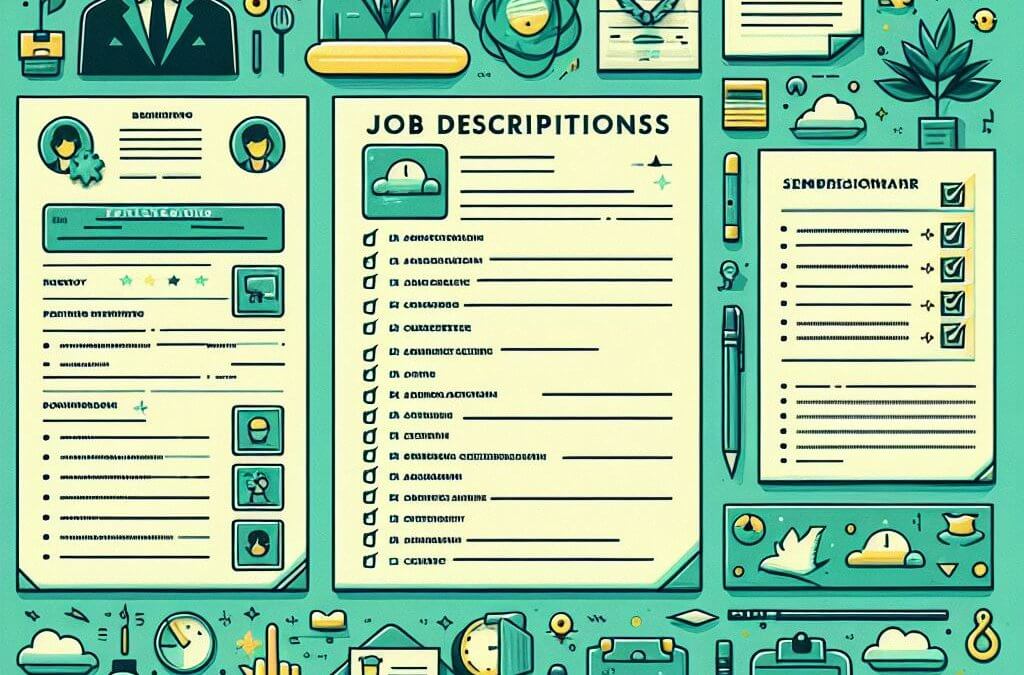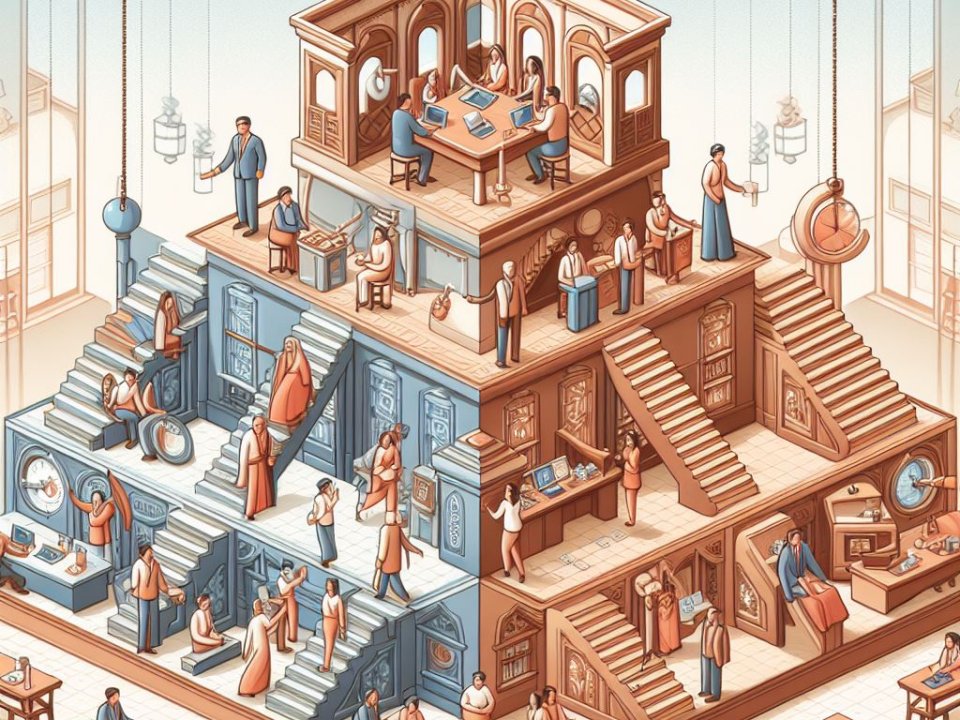Understanding the Significance of Job Descriptions

Exploring the Impact of Digital Maturity on Digital Transformation
January 23, 2024
Unlocking Growth: Next Steps After Your Innovation Maturity Assessment
February 18, 2024Effective job descriptions are essential in the realm of employment, offering significant benefits to both employers and employees. A well-crafted job description serves as a cornerstone for clear communication, establishing precise expectations, delineating responsibilities, and aiding in the alignment of organizational objectives with individual aspirations. In this article, we delve into the importance of job descriptions for both employers and employees, emphasizing their respective advantages and their contributions to fostering a productive and harmonious work environment.
For Employers:

- Clarity and Alignment: Job descriptions function as a fundamental framework for defining roles and responsibilities within an organization. By articulating specific duties, qualifications, and expectations for each position, employers ensure that employees comprehend their roles within the broader organizational context, fostering alignment and enabling them to work towards shared objectives.
- Recruitment and Selection: Well-defined job descriptions play a pivotal role in the recruitment process by providing a clear overview of the role and its requirements, attracting suitable candidates. Moreover, by outlining desired
- qualifications
- skills
- experience
- employers can streamline the process of selecting candidates, ensuring the identification and engagement of individuals with the right capabilities.
- Performance Management: Job descriptions serve as the basis for performance evaluations and goal setting, providing a benchmark against which employee performance can be assessed. This informs decisions related to promotions, training opportunities, and professional development, contributing to a more motivated and productive workforce.
- Legal and Compliance Considerations: Clear job descriptions assist in legal matters, particularly in dispute resolution or regulatory compliance. They mitigate potential misunderstandings and conflicts regarding job expectations and responsibilities, ultimately helping protect employers.
For Employees:
- Clear Expectations: Job descriptions provide employees with a comprehensive understanding of their role and what is expected of them. This clarity reduces ambiguity and empowers individuals to perform their duties with confidence, knowing that they are aligned with organizational objectives and expectations.
- Professional Development: Well-crafted job descriptions often include details about potential career paths, skill requirements, and growth opportunities within the organization. This information enables employees to map out their developmental journeys and set meaningful career goals, fostering a sense of purpose and progression within their roles.
- Performance Feedback: Job descriptions offer employees a tangible framework against which they can assess their performance, facilitating more constructive discussions during performance appraisals and feedback sessions.
- Work-Life Balance: Through a detailed job description, employees gain insight into the scope of their responsibilities, enabling them to manage their time and resources effectively. This understanding contributes to a healthier work-life balance, reducing stress and enhancing overall well-being.



